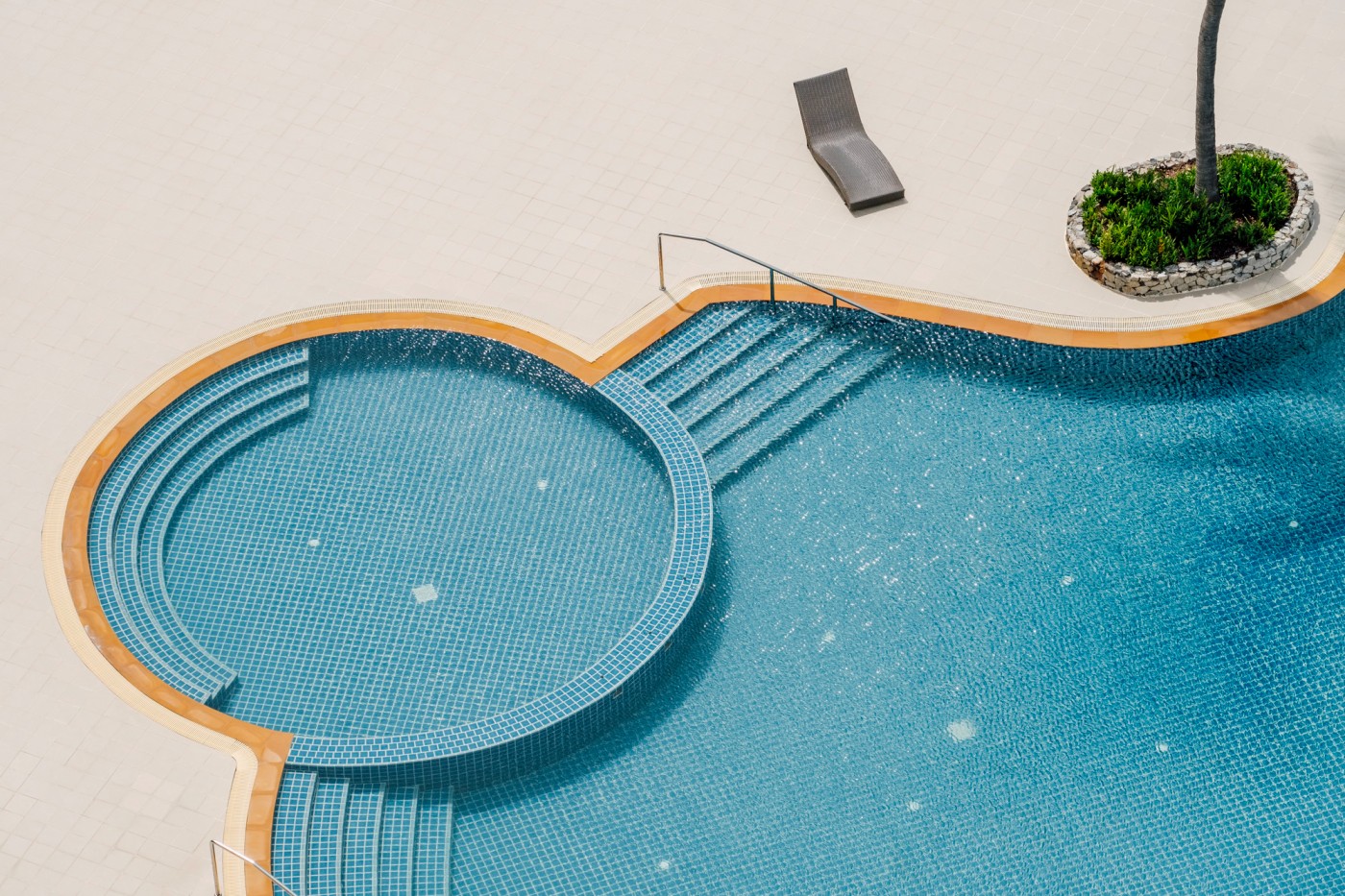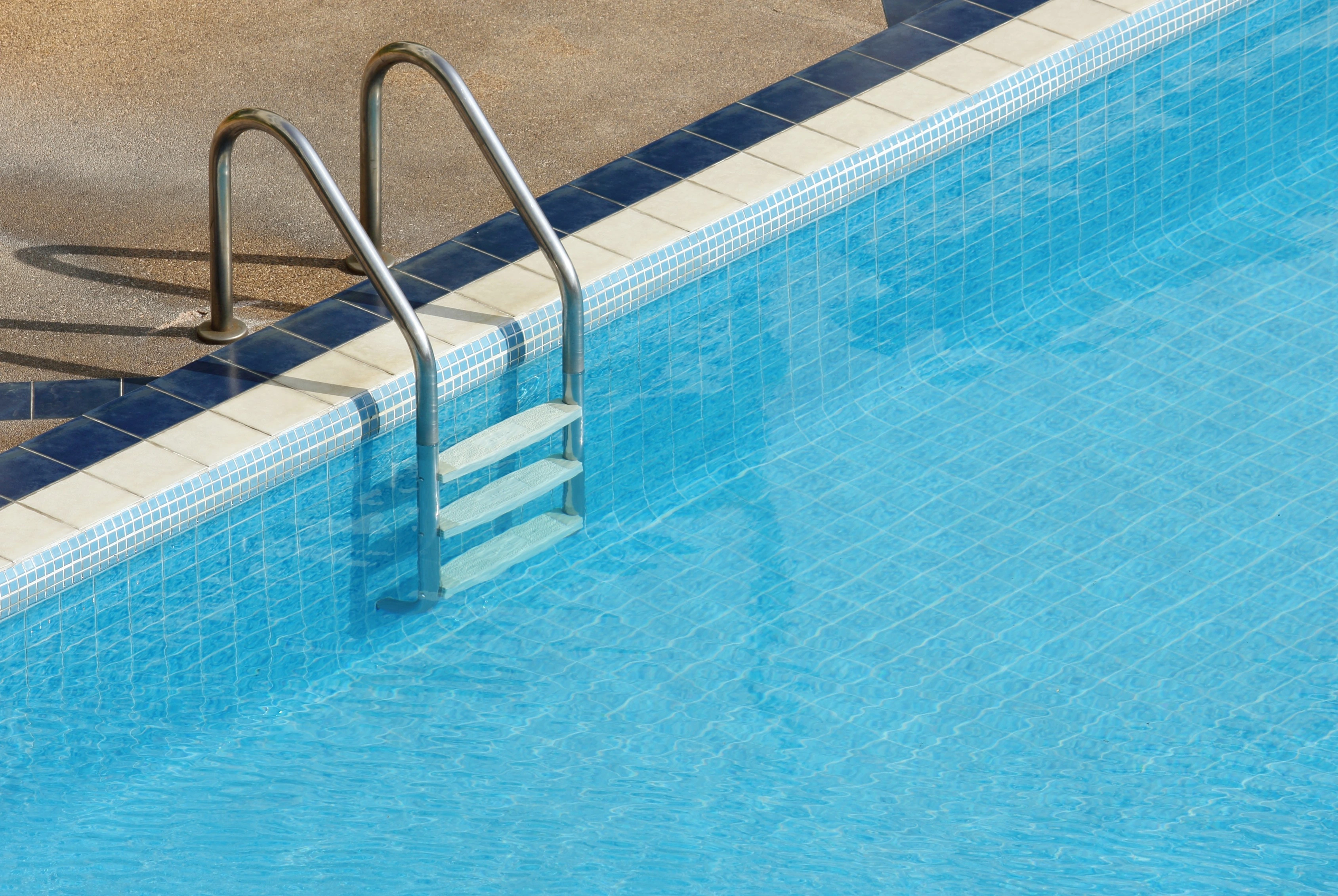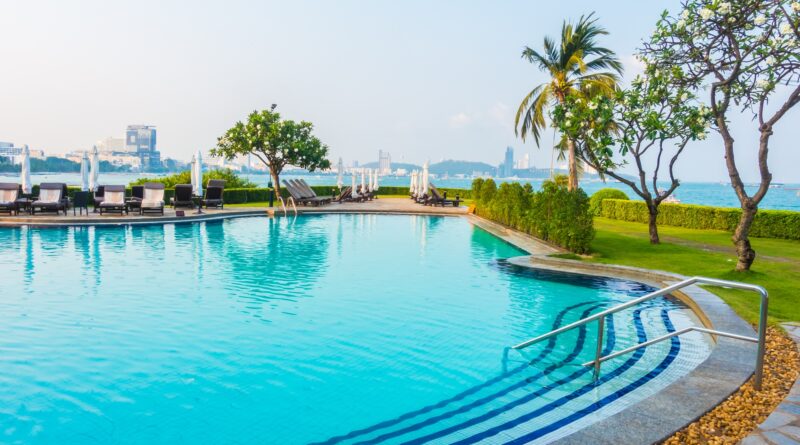A swimming pool is a fantastic addition to any Australian home, offering a refreshing escape during scorching summers and a perfect entertainment hub for family and friends. But when it comes to choosing the right pool for your backyard, one of the biggest decisions you’ll face is whether to opt for a fibreglass or concrete pool. Each material has its pros and cons, and the right choice depends on factors like budget, maintenance, durability, and design preferences.
In this article, well compare fibreglass and concrete pools in-depth, helping you determine
which option suits your lifestyle and property best.
1. Installation Time & Process
Fibreglass Pools
Fibreglass pools come pre-manufactured as a single shell and are delivered to your property, ready for pool builders melbourne installation. The pool is then placed into an excavated hole, levelled, and secured with backfilling and plumbing. This streamlined process means installation is typically completed in 2–4 weeks.
Concrete Pools
Concrete pools are custom-built on-site, which involves excavation, steel reinforcement, and the application of sprayed concrete (shotcrete or gunite). Once the concrete cures, a finish such as tiles or plaster is applied. This process can take anywhere from 2–4 months, depending on weather conditions, complexity, and the contractor’s schedule.
Winner: Fibreglass
If you’re looking for a faster installation with minimal disruption, fibreglass pools are the clear choice.
2. Customisation & Design Flexibility

Fibreglass Pools
Fibreglass pools come in a variety of pre-made shapes and sizes, offering a decent range of choices. However, they lack complete customisation since you’re limited to the manufacturer’s available designs.
Concrete Pools
Concrete pools offer unlimited design flexibility. You can customise the shape, depth, size, and finish to match your vision perfectly. This makes concrete pools an ideal choice for properties with unusual layouts or for those wanting a truly unique pool design.
Winner: Concrete
If customisation is a priority, concrete pools are the superior option.
3. Durability & Strength
Fibreglass Pools
Fibreglass pools are highly durable and resistant to cracking due to their flexible nature. They can withstand minor ground movements, making them an excellent option for areas with shifting soil conditions. However, if not installed correctly, they may develop bulges over time.
Concrete Pools
Concrete pools are known for their strength and durability, lasting decades with proper maintenance. However, they are prone to cracking, particularly in areas with significant ground movement. Repairing concrete cracks can be costly and time-consuming.
Winner: Tie
Both pool types are durable, but fibreglass is better at handling ground movement, while concrete has long-term structural integrity.
4. Maintenance & Upkeep
Fibreglass Pools
Fibreglass pools have a smooth gelcoat finish, making them resistant to algae and requiring fewer chemicals for water treatment. Cleaning is straightforward, and they don’t need resurfacing over time. This makes fibreglass a low-maintenance option.
Concrete Pools
Concrete pools require more maintenance due to their porous surface, which can harbour algae and bacteria. This means higher chemical usage and frequent brushing to prevent algae build-up. Concrete pools also need resurfacing every 10–15 years, adding to long- term maintenance costs.
Winner: Fibreglass
For homeowners wanting an easier, low-maintenance pool, fibreglass is the better choice.
5. Comfort & Feel
Fibreglass Pools
The smooth gelcoat finish of fibreglass pools is gentle on the skin, reducing the risk of scrapes and cuts. This makes it a preferred choice for families with children.
Concrete Pools
Concrete pools have a rougher surface, which can be abrasive on feet and hands. Depending on the finish used (such as pebblecrete or tiles), this can be mitigated, but it’s generally rougher than fibreglass.
Winner: Fibreglass
For a more comfortable swimming experience, fibreglass pools take the win.
6. Cost Considerations
Fibreglass Pools
The cost of a fibreglass pool, including installation, typically ranges between $25,000 and $60,000, depending on the size, brand, and additional features like heating or lighting.
Concrete Pools
Concrete pools have a higher upfront cost, usually starting at $50,000 and going well beyond $100,000 for large or intricate designs. The additional costs stem from labour, materials, and the extended construction timeline.
Winner: Fibreglass
If budget is a concern, fibreglass pools offer a more cost-effective solution.
7. Aesthetic Appeal

Fibreglass Pools
Modern fibreglass pools come in various colours and finishes, including shimmer and ceramic coatings. While attractive, they may lack the luxurious appearance of tiled or custom-finished pools.
Concrete Pools
Concrete pools offer the highest level of aesthetic appeal, as they can be fully customised with tiles, mosaics, infinity edges, and unique water features. They often complement high- end homes and luxury landscapes.
Winner: Concrete
For those prioritising aesthetics and luxury, concrete pools provide unparalleled visual appeal.
8. Longevity & Resale Value
Fibreglass Pools
Fibreglass pools can last 20–30 years with minimal maintenance. However, after decades of use, the gelcoat may require resurfacing.
Concrete Pools
Concrete pools can last 50+ years, though they require resurfacing and repairs along the way. Their longevity makes them a strong investment, particularly for premium properties.
Winner: Concrete
If long-term durability is your main concern, concrete pools have a longer lifespan.
Factor Winner
Installation Time Fibreglass
Customisation Concrete
Durability Tie
Maintenance Fibreglass
Comfort Fibreglass
Cost Fibreglass
Aesthetic Appeal Concrete
Longevity Concrete
Choose a Fibreglass Pool If:
● You want a quick and hassle-free installation.
● You prefer a low-maintenance pool with fewer chemicals.
● You are on a budget but still want a durable and attractive pool.
● You have a backyard with shifting soil conditions.
Choose a Concrete Pool If:
● You desire a fully customisable pool to suit a unique space.
● You want a luxurious, high-end look with premium finishes.
● You are willing to invest more for long-term durability.
● You don’t mind additional maintenance and resurfacing over time.
Final Thoughts
Both fibreglass and concrete pools have their own strengths, and the best choice ultimately depends on your priorities. If you value affordability, low maintenance, and quick installation, a fibreglass pool is the way to go. However, if you’re after a custom luxury pool that adds a unique touch to your property, concrete is the better investment. Before making a final decision, consider your budget, design goals, and long-term maintenance expectations. Consulting with a professional pool installer can also help you choose the best option tailored to your needs.





